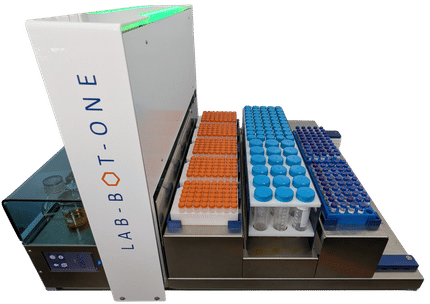To use all functions of this page, please activate cookies in your browser.
my.bionity.com
With an accout for my.bionity.com you can always see everything at a glance – and you can configure your own website and individual newsletter.
- My watch list
- My saved searches
- My saved topics
- My newsletter
Arthur Guyton
Arthur Clifton Guyton (September 8, 1919 - April 3 2003) was an American physiologist. Product highlightGuyton is most famous for his experiments in the 1950s which studied the physiology of cardiac output and its relationship with the peripheral circulation. It was this work which overturned the conventional wisdom that it was the heart itself that controlled cardiac output. Guyton instead demonstrated that it was the need of the body tissues for oxygen which was the real regulator of cardiac output. The "Guyton Curves" which describe the relationship between right atrial pressures and cardiac output form the basis of understanding the physiology of circulation. The son of a physician, Dr. Guyton initially intended to be a cardiovascular surgeon but was partially paralysed after being infected with polio. Instead he concentrated on physiology research and teaching, and became the head of the University of Mississippi Dept. of Physiology and Biophysics. He retired as department chair in 1989 but continued as emeritus professor up until his death in 2003 in a car accident. Despite his disability, he was father to 10 children who all went on to become celebrated physicians, including a Professor of Ophthalmology,a Professor of Surgery, a Professor of Medicine, a cardiothoracic surgeon, a rheumatologist, two anaesthesiologists and two orthopaedic surgeons. Eight of his children attended Harvard Medical school. A Great Physiologist. Arthur Guyton’s research contributions, which include more than 600 papers and 40 books, are legendary and place him among the greatest figures in the history of cardiovascular physiology. His research covered virtually all areas of cardiovascular regulation and led to many seminal concepts that are now an integral part of our understanding of cardiovascular disorders such as hypertension, heart failure, and edema. It is difficult to discuss cardiovascular regulation without including his concepts of cardiac output and venous return, negative interstitial fluid pressure and regulation of tissue fluid volume and edema, regulation of tissue blood flow and whole body blood flow autoregulation, renal-pressure natriuresis, and long-term blood pressure regulation. Guyton is perhaps best known for his book 'Textbook of medical physiology', of which the first edition was published in 1956. Since then, 11 editions of it have appeared (10 of which have appeared before Guyton's death). 'Textbook of medical physiology' is the world's best-selling physiology book and has been translated in more than 10 languages. Large parts of the book were dictated by Guyton, who was unable to write due to his polio. References
|
||||||||||||||||||||||||||||
| This article is licensed under the GNU Free Documentation License. It uses material from the Wikipedia article "Arthur_Guyton". A list of authors is available in Wikipedia. | ||||||||||||||||||||||||||||







